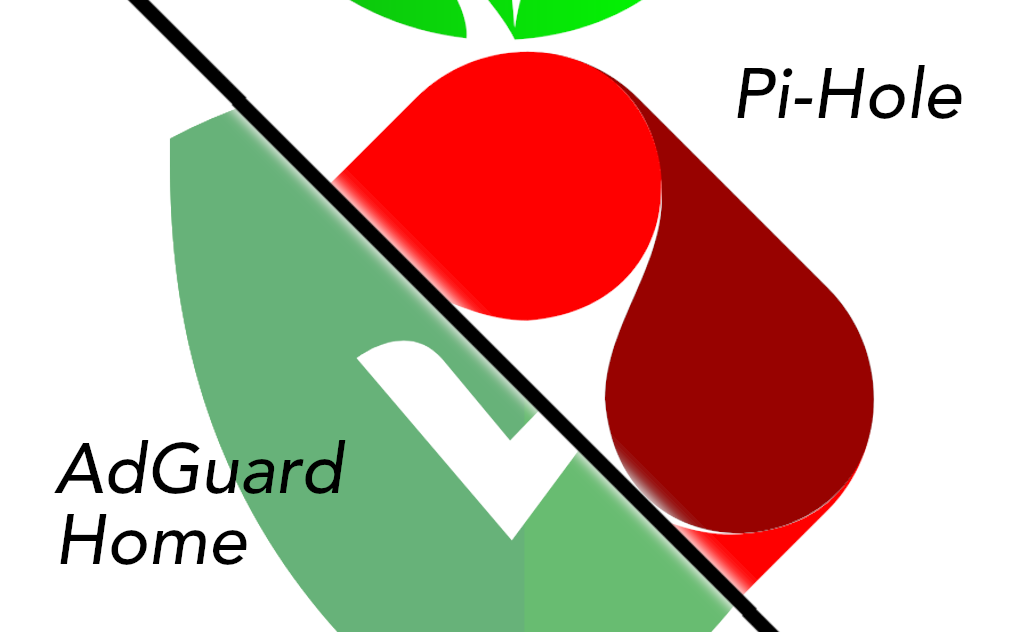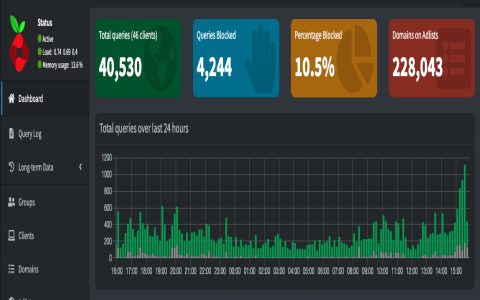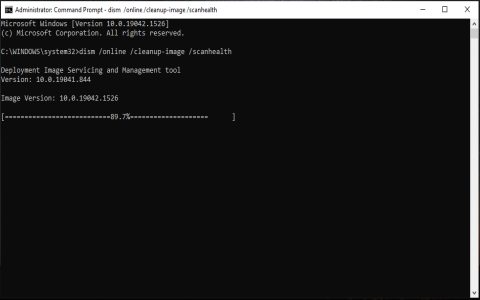Pi-hole functions as a network-wide DNS sinkhole, designed to block advertisements and trackers at the network level before they reach your devices. This approach offers distinct advantages and disadvantages when compared to other ad-blocking solutions.
Pi-hole vs. Browser-based Ad Blockers
Browser-based ad blockers (e.g., uBlock Origin, AdBlock Plus) operate directly within the web browser.
- Scope of Blocking: Pi-hole provides network-wide protection for all devices connected to your network, including non-browser applications and IoT devices. Browser extensions only protect the specific browser they are installed on.
- Resource Consumption: Pi-hole offloads the filtering process to a dedicated device (like a Raspberry Pi) or server, reducing CPU and memory load on client devices. Browser extensions consume resources on each client device.
- Type of Blocking: Pi-hole primarily blocks domains at the DNS level. It cannot perform cosmetic filtering (hiding ad placeholders) or block ads served from the same domain as legitimate content as effectively as some browser extensions, which can inspect and modify page content.
- Setup and Maintenance: Pi-hole requires initial setup on a separate hardware or virtual machine and configuration of your network's DNS settings. Browser extensions are typically a one-click install but need to be managed on each browser and device individually.
Pi-hole vs. Other DNS-based Blockers
Several other solutions offer DNS-based ad blocking, both self-hosted and cloud-based.

- Pi-hole:
- Pros: Highly customizable with extensive community support and blocklist options. Offers full control over your data and DNS queries when self-hosted. Generally lightweight and can run on minimal hardware. Provides detailed query logging and analytics.
- Cons: Requires dedicated hardware (or VM/container) and initial setup. Ongoing maintenance for software updates and blocklist management is necessary. Native support for encrypted upstream DNS protocols (DoH/DoT) often requires additional companion software (e.g., `unbound`, `cloudflared`).
- AdGuard Home:
- Pros: Self-hosted like Pi-hole. Often considered more feature-rich out-of-the-box, including built-in support for encrypted DNS protocols (DoH, DoT, DoQ), per-client blocking customization, and some content filtering capabilities beyond DNS.
- Cons: Can be slightly more resource-intensive than a basic Pi-hole setup. The user interface, while powerful, may present a steeper learning curve for some users.
- Cloud-based DNS Services (e.g., NextDNS, AdGuard DNS):
- Pros: Extremely easy setup (typically just changing DNS server addresses on your router or device). No hardware or software maintenance required. Often includes additional security features like malware and phishing protection, and granular parental controls.
- Cons: Relies on a third-party provider, which may raise privacy concerns for some users as DNS queries are processed externally. Customization options might be more limited compared to self-hosted solutions. Advanced features or high query volumes often require a paid subscription.
Pi-hole vs. Router-based Ad Blocking
Some routers, especially those with custom firmware (e.g., OpenWrt, DD-WRT, AsusWRT-Merlin), can run ad-blocking software directly.
- Performance: Pi-hole running on dedicated hardware (even a low-power SBC) typically offers better performance and stability for DNS resolution and ad blocking than resource-constrained router CPUs. Heavy ad blocking on a router can sometimes impact overall network performance or router stability.
- Features and Interface: Pi-hole provides a dedicated, user-friendly web interface for detailed statistics, query logging, and blocklist management. Router-based solutions vary greatly in features and ease of use, sometimes requiring command-line access or navigating complex router menus for advanced configuration.
- Resource Isolation: A dedicated Pi-hole isolates the ad-blocking function from your router's core networking tasks. If Pi-hole encounters an issue, your internet connectivity (via direct DNS or fallback) is usually unaffected, whereas an issue with router-based ad blocking could potentially disrupt the entire network.
- Ease of Update: Updating Pi-hole software and blocklists is typically straightforward through its web interface or command line. Updating router-based ad-blocking packages might depend on the firmware's update mechanisms and can sometimes be more involved or less frequent.
In summary, Pi-hole offers a robust, self-hosted, network-wide ad-blocking solution that excels in control, customization, and local data management. Its effectiveness is primarily at the DNS level, making it a strong component of a multi-layered security and privacy strategy, potentially complementing other types of ad blockers depending on specific user needs and technical comfort.









